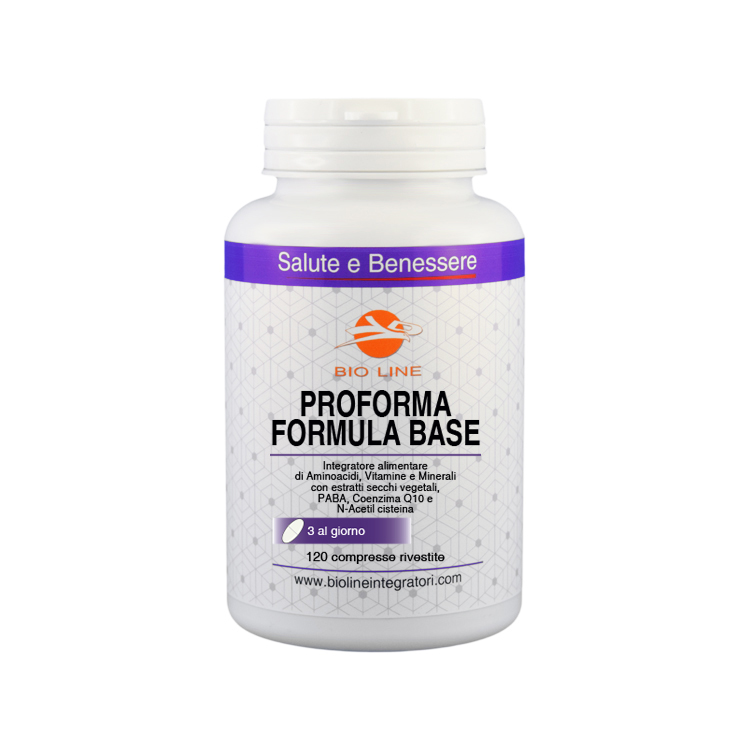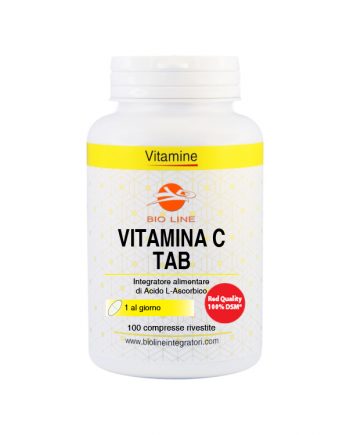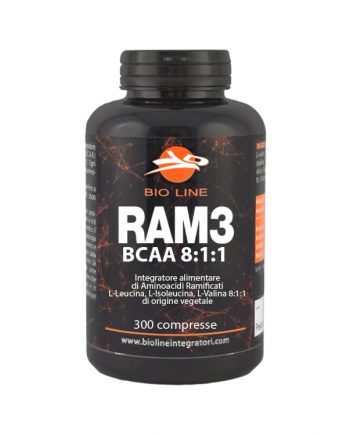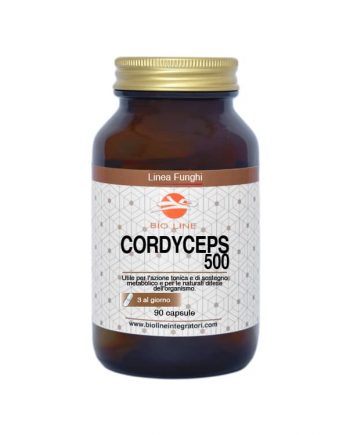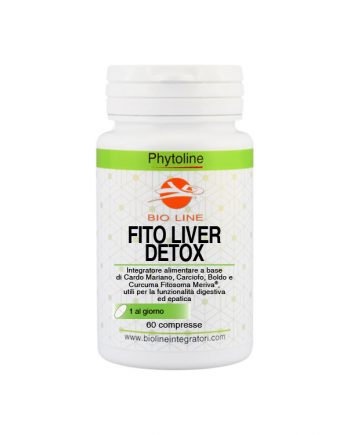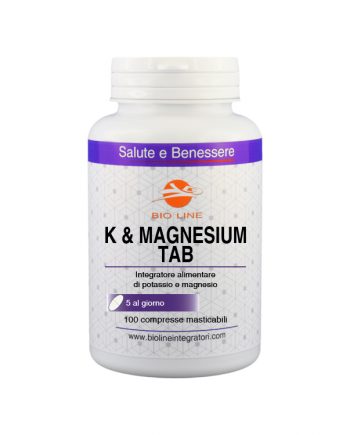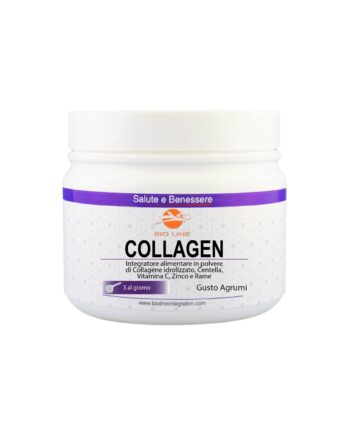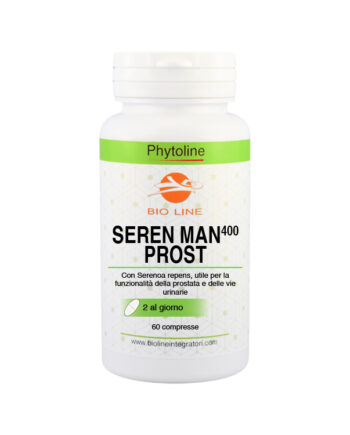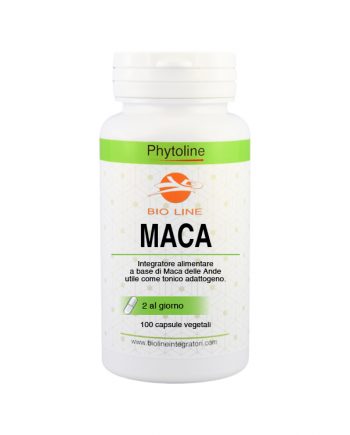Properties of components
Amino acids
- Essential amino acids: L-Phenylalanine, L-Isoleucine, L-Histidine, L-Leucine, L-Lysine, L-Methionine, L-Threonine, L-Tryptophan, L-Valine.
- Non-essential amino acids: B.C. L-Aspartic, Ac. L-Glutamic, L-Alanine, L-Arginine, L-Cystine, L-Citrulline, L-Glycine, L-Glutamine, L-Proline, L-Serine, L-Taurine. L-Tyrosine.
Vitamins
- Betacarotene (vitamin A): contributes to iron metabolism, and to the maintenance of normal vision.
- Biotin: contributes to energy metabolism, to the functioning of the nervous system and to the metabolism of macronutrients.
- Folate: contributes to the synthesis of amino acids, the production of red blood cells, the metabolism of homocysteine
- Niacin (nicotinic acid, nicotinamide): contributes to the reduction of tiredness and fatigue and to the maintenance of normal skin.
- Vitamin B1: contributes to the functioning of the nervous system and heart function.
- Vitamin B2: contributes to normal energy metabolism, to the reduction of tiredness and fatigue.
- Vitamin B5 (pantothenic acid): contributes to energy metabolism, synthesis and metabolism of steroid hormones, vitamin D and some neurotransmitters.
- Vitamin B6: contributes to normal energy metabolism, to the reduction of tiredness and fatigue, to the functioning of the nervous system and the immune system.
- Vitamin B12: contributes to the formation of red blood cells, to the reduction of tiredness and fatigue.
- C vitamin: contributes to the function of the immune system during and after intense physical exertion, to the formation of collagen for the function of blood vessels and to the protection of cells from oxidative stress.
- Vitamin D: contributes to the absorption of calcium and phosphorus and to the maintenance of bones and teeth.
- Vitamin E: contributes to the protection of cells from oxidative stress.
- Vitamin K (MenaQ7): contributes to blood clotting and the maintenance of normal bones.
Minerals
- Chromium: useful for maintaining normal glucose levels and macronutrient metabolism.
- Iron: contributes to the formation of hemoglobin and the activity of the immune system.
- Magnesium: contributes to muscle function, the reduction of tiredness and fatigue.
- Manganese: contributes to the formation of connective tissues and to the protection of cells from oxidative stress.
- Molybdenum: contributes to the normal metabolism of sulfur amino acids.
- Potassium: contributes to the functioning of the nervous and muscular systems and to the control of blood pressure.
- Copper: contributes to the protection of cells from oxidative stress, to the functioning of the immune system and the nervous system.
- Selenium: contributes to the function of the immune system and thyroid.
- Zinc: contributes to the metabolism of fatty acids, Vitamin A and to normal acid-base and carbohydrate metabolism.
Other substances
- Coenzyme Q10: it is an enzymatic cofactor involved in the biochemical processes of cellular energy production.
- Broccoli: useful for digestive and joint function. It also has an antioxidant action.
- Citrus: useful for the digestive function.
- N-Acetyl cysteine: N-acetylated derivative of the amino acid cysteine.
- PABA: also known as 4-aminobenzoic acid, it is a constituent of folic acid.

